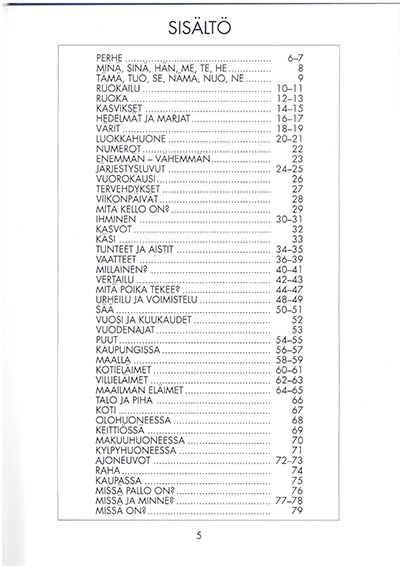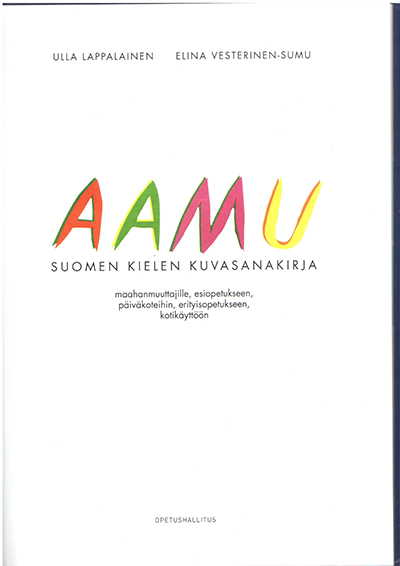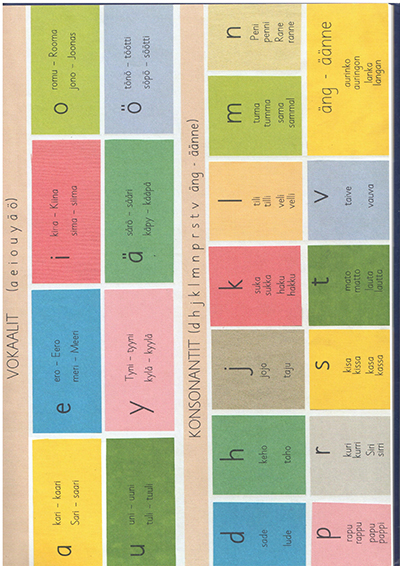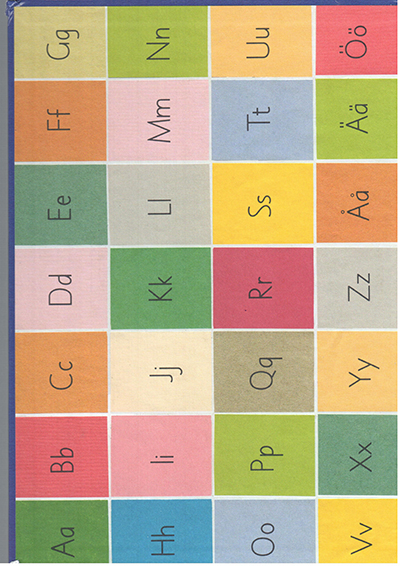| Sorted by date | |||
page126from Building Ideas
The
very heterogeneity of the definition of architecture – space, action, and
movement – makes it into that event, that place of shock, or that place of the
invention ourselves.26
This
notion of self invention recalls the thinking of Merleau-Ponty on the work of
art, particularly as a means of portraying the encounter between the artist and
the things of the world. Tschumi also makes an interesting counterpoint to the
idea of place as something fixed and stable, as he describes a more dynamic and
flexible situation where activities themselves establish new kinds of places. This
recalls Heidegger’s notion of dwelling as an activity, something that must be
constantly striven for and not something achieved or given, and its functional
programme. The follies at La Villette, for instance, illustrate this openness
to future possibilities, being a series of initially unprogrammed spaces that
different events might transform into places. The networks of paths and
walkways at La Villette also highlight the importance of movement, suggesting a
choreography of routes that recall Le Corbusier’s “architectural promenade” –
as seen at the Villa Savoye and the latter Carpenter Centre.
The
several problems with the influence of phenomenology in architecture tend to
derive from the difficulties with the philosophy itself, not least of which is
the emphasis on subjective experience and the problem of applying this kind of
knowledge in a wider, social context. While it can certainly by productive as
part of a detailed design process, particularly for the qualitative and sensory
aspects of the experience of space, it can also prove useful as part of a more “critical”
strategy, as the recent work in deconstruction has begun to suggest. Part of
this relevance depends on our next topic, the other major source for the philosophy
of deconstruction, based as it is on a critique of structuralism as a
supposedly more objective approach to interpretation. In the conclusion we will
look at other thinkers who have taken up the themes of phenomenology, but who
have tried to consider
|
|||
|
|||
|
|
Readingroom from Wu Huiping
1/11Go to Page:
 ... ...
... ... ... ...
... ... ... ...
... ... ... ...
... ... ... ...
... ... ... ...
... ... ... ...
... ... ... ...
... ... ... ...
... ... ... ...
... ... ... ...
... ... ... ...
... ... ... ...
... ... ... ...
... ... ... ...
... ...